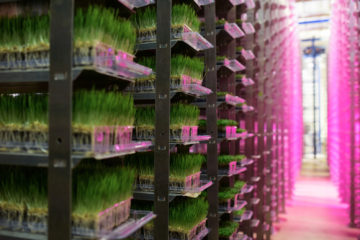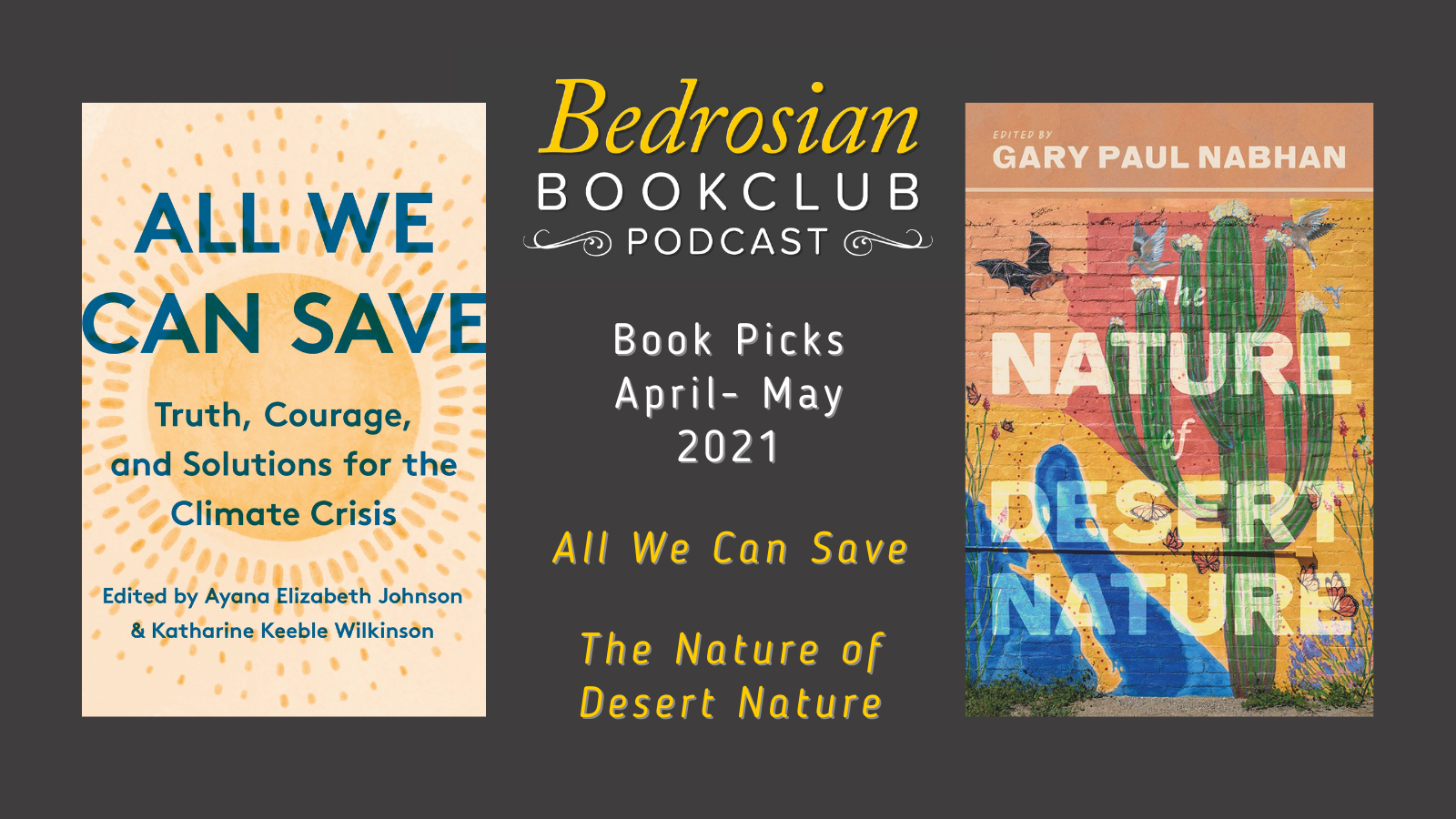5 Things to Know About Water On #WorldWaterDay
It’s World Water Day so it seems only fitting we take some time to think about water and how it affects everything and everyone. In previous water posts I’ve stressed the importance of prioritizing water in policy when talking about the Flint water crisis, and about sustainable water management in LA. And while we have plenty to do domestically, problems of water scarcity and water quality are even more pressing in developing nations around the world.
Find out some important facts about water in an international context and an opportunity to help those most affected:
1. Potable water is a scarce resource all around the globe
Water stress refers to a ratio between water use and the water resources available in an area. As the figures below from the World Resources Institute show, there are many areas all across the globe that are stressed for potable water, and projections show conditions will likely worsen.
Though the planet is 75% water, only 3% is fresh water (water that is safe to drink), and only 0.3% of that 3% is easily accessible as surface water for humans to use according to the U.S. Geological Survey. As the world population continues to increase problems of water scarcity will worsen and it will likely be the cause of global conflicts. Thinking about it economically, water often suffers from common property problems that can easily lead to depletion if there are not policies or incentives in place to regulate and conserve it. We often think of water as a infinite resource, but the reality is that potable water is less available than we realize especially in global terms.
2. Lack of access to water affects women more
The First Lady Michelle Obama’s initiative Let Girls Learn was in the news a lot last week (especially the release of a start-studded song This is for my girls). How is that relevant to water management? In many developing countries basic home tasks like collecting water tend to fall on women and girls. A 2015 report by UNESCO estimates that girls and women often spend up to 6 hours a day collecting water.
If it is hard and time-consuming to collect water, girls are unable to go to school. One way to help girls learn? Give them better access to safe drinking water. More access also means women are better able to engage in other economic activities and make a living instead of having to spend a significant part of their day collecting water.
The same UNESCO report referenced above claims that: Clean water isn’t just a matter of life and death. It’s not just about thirst, hunger and sanitation. It’s about opportunity. Without access to clean water, the world’s poorest people will stay poor. If we want to make the world more equitable in terms of both gender and income, access to water is a great place to start.
3. Water affects all aspects of life
This is kind of self-evident but it is World Water Day so a reminder might be in order. Water affects almost every aspect of life. Access to water helps children and girls in developing countries get access to an education. This year’s topic for World Water Day is “Water and Jobs” and the slogan is Better Water, Better Jobs. Watch the trailer for this year’s World Water Day here:
Good water policies that ensure access and good quality of water have the potential to affect societies and economies tremendously. For example, there are many jobs related to the fishing and agricultural sectors in developing countries, and without good water quality those jobs are directly threatened.
Let’s not forget the very direct effect safe water has on nutrition, health, and sanitation.
4. Climate change poses a serious threat to the global water supply
It has already been shown that climate change is causing sea-level rise and consequent problems in many cities. Some of those problems are increased flooding and increased salinity in fresh water bodies that had historically been sources of potable water.
Climate change is expected to create more intense weather events such as floods, hurricanes, and longer (and more intense) periods of drought. Floods and hurricanes reduce water quality and water supply as the sedimentation and contamination of flooding and runoff collect in areas of potable water.

Scorched Earth
Cracked dry earth in the desert in Death Valley, California. By William Warby
5. Water.org & Stella Artois campaign
Water.org is a non-profit organization (co-founded by actor Matt Damon) that funds initiatives to increase access to safe clean water in developing countries. They fund innovative initiatives to help water access, dig wells that provide direct access to water for communities in need, and provide affordable micro-loans to families so they can finance a water connection or a toilet for their homes.
In honor of World Water Day, Water.org and Stella Artois have partnered to raise funds for water access in the developing world. The campaign Buy A Lady a Drink claims that with the purchase of a limited edition Stella Artois chalice you will provide a woman in the developing world with 5 years of safe, clean water. The chalices are being sold through Amazon for $13 a piece. This campaign acknowledges that women are disproportionally affected by this problem.
They are also encouraging the general public to use social media to create buzz about World Water Day, which I encourage you to do as well. Tweet, post, and hashtag away!
This is just one way to easily get involved in trying to solve the international water crisis, but certainly not the only one. As we have seen recently in the news, we have plenty of water scarcity and water quality issues in the U.S. as well. Find out what interests you about this multi-faceted issue and what you can do to help. Happy World Water Day!






